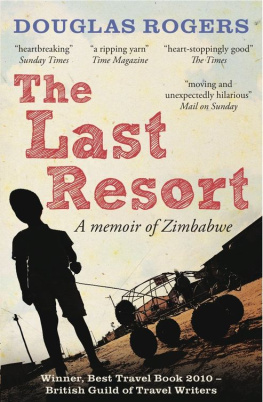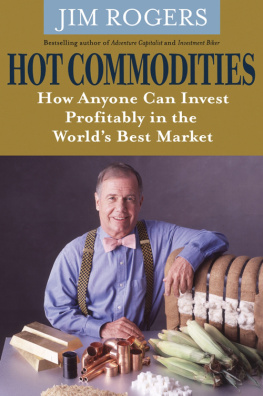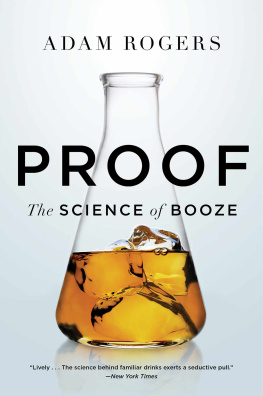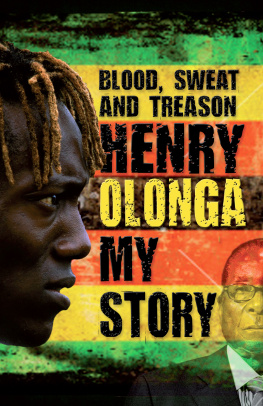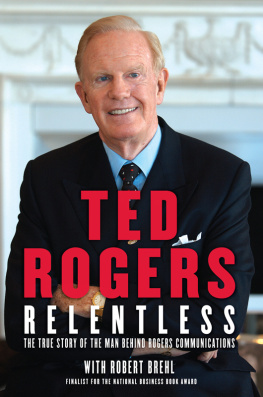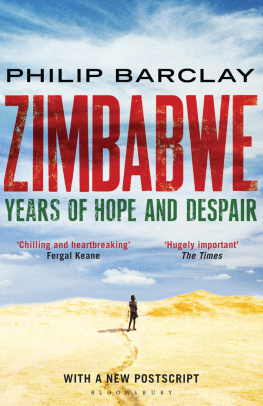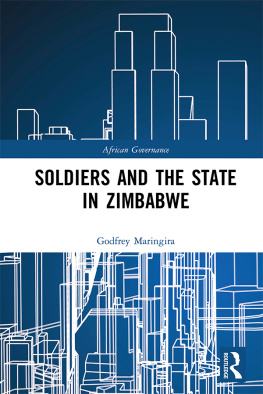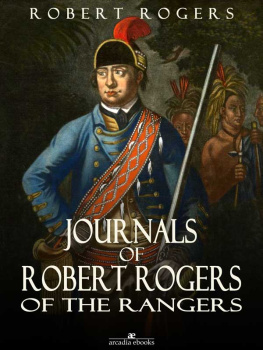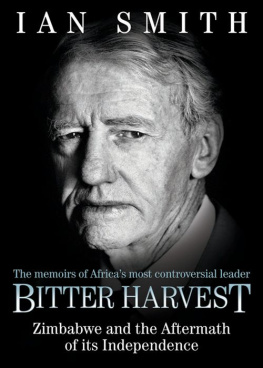I WAS EIGHT thousand kilometres away, drunk and happily unaware at a friends birthday party in Berlin, when I learned that the first white farmer had been murdered. Someone had left a television on in the corner of the apartment. I knew, even with the sound off, that it was a news report on Zimbabwe.
Theres something about rich, red earth the colour of blood that you can never wash away, no matter how far youve travelled, or how long youve been running. It was a Sunday afternoon, 16 April 2000.
For the previous month back in Zimbabwe the government of President Robert Mugabe had been threatening to take away land from the countrys 4,500 white farmers. Gangs of armed men said to be veterans of the liberation war that had ended white rule twenty years earlier had begun invading white-owned land, assaulting black farmworkers, looting homes, burning tobacco barns and stoning dogs, pigs and cattle to death. Still, it was a shock to discover that a farmer had now been murdered. His name was David Stevens. He had been savagely beaten, and then shot in the face and back at point-blank range with a shotgun, after a mob abducted him from his farm in the district of Macheke.
I had been out of Zimbabwe for seven years, travelling, writing, drinking away my late twenties and early thirties in the rootlessness of London, but I knew that Macheke was only an hours drive from my parents game farm and backpacker lodge in the eastern mountains of the country, and that they were in terrible danger. If they didnt leave fast, they would surely be murdered as well, and it would be a brutal, bloody, all-too-African end. They would die like this man Stevens.
I frantically dialled their number and waited for what seemed like hours to get a connection. My mother finally answered.
She sounded on edge, her voice high-pitched through the static.
Hello, yes, whos this?
Mom, its me, Douglas. Jesus, whats happening? Are you guys all right?
Its terrible, she said.
I pictured her and my father barricaded in the house, a mob rattling their gates.
Whats happening? Mom, whats happening?
Weve already lost four wickets.
Four what?
Four wickets, darling. Not going very well at all. Its ninety-one for four
Christ. She and my father were watching a cricket match. I could hear the crackle of the commentary on the TV in the background. I wasnt sure whether to be relieved or horrified.
Jeez, Ma. Not the cricket. The farm. Have you any idea whats going on? This guy has been murdered up the road from you. Are you sure youre okay?
There was a long pause, as if I had sucked the air out of a balloon. I heard her take a drag of her cigarette. She would have a drink nearby. Bols brandy on the rocks. Shed switched from Gordons gin years ago. Said it gave her headaches.
I could picture my father clearly now, too, down the passageway, around the corner in the living room, feet up in his leather recliner. The remote would be in one hand, a mug of Coke in the other, and he would be cursing at the new batsman for playing a loose shot: Move your bloody feet! Get into line! Ag, hit the ball, for Chrissake! Dappled late-afternoon sunlight would be streaming through the arches of the veranda, illuminating the purple crests of the mountains behind and setting on the wheat fields of the farms in the valley below.
Those farms could have been on fire for all my parents knew.
Oh, that, my mother finally said, her voice fading through the static. Yes, well, it doesnt look very good, does it? I guess were just going to have to wait and see.
Wait and see didnt seem a wise option to me.
I told her I thought it best they pack up fast and lie low, whether in Mutare, the closest town, in another valley over the mountain pass nineteen kilometres away, or, even better, across the border in Mozambique. Mozambique. It sounded absurd just suggesting it. Mozambique had been at war for most of my childhood. People fled Mozambique for our side of the border. But like the seasons, in Africa the state of nations turns and occasionally comes full circle. Yes, Mozambique. Anywhere would be safer than Zimbabwe.
But my parents, I discovered on that phone call, were not going anywhere.
Darling, my mother said, dont be ridiculous. We are Zimbabweans. This is our land.
And then I heard steel in her voice, fury rise in her throat.
Over my dead body will they take this place. Over my deadbody.
By the time I put down the phone my mother was asking me how I was, and when I was going to come and visit again. She had the stoic, breezy air of someone who had lived through a lot and expected to live through this, too. She had seen worse.
How are they? my friend asked when I returned to the party.
Theyre watching cricket, I said. They have no idea whats going on.
T HE PLANE DROPPED out of a cloud and arrowed in on a black strip bordered by wilted maize fields. A midmorning glare rippled the wings and glinted off the few modest skyscrapers of Harare, the capital city. Exiting the aircraft, I was smacked square in the face by the bright fist of an African sun. My pasty skin, from another English winter, told me I was a foreigner in my own country. My travel document said the same thing. After nine years in London I had finally qualified for a British passport and put my useless Zimbabwean one the old green mamba back in my desk drawer. At last: no more interminable queues for visas in the second-rate consulates of the First World countries I really wanted to be visiting at that time yet I couldnt help feeling a slight flush of embarrassment as I handed it to the immigration official. You lose something of yourself when you return to the country of your birth under the convenience of another.

